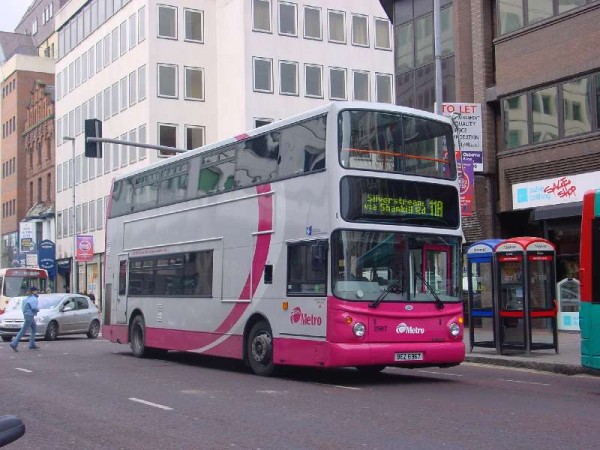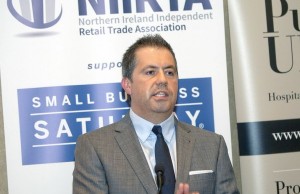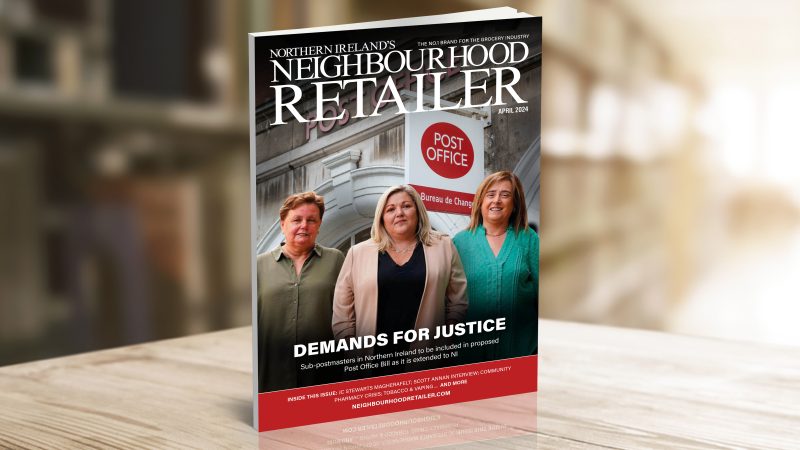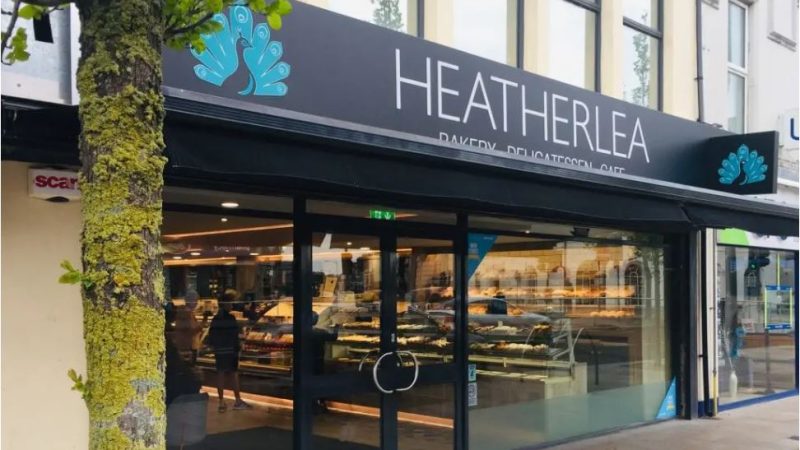Transport strike will ‘damage local economy’

An association representing local retailers has urged transport workers to call off a strike scheduled for May 9.
Northern Ireland Independent Retail Trade Association (NIIRTA) called on trade union Unite to cancel the planned industrial action, saying the disruption would damage the local economy.
Unite called a second 24-hour strike after similar action in March led to the cancellation of many Ulsterbus, Metro, and NI Railway services.
The union said it is contesting Government cuts it believes will lead to the breakup of services and an end to “non-profitable” routes it believes will impact on Northern Ireland’s “connectivity”.
NIIRTA said it is seeking an urgent meeting with Unite to discuss the action.

The association’s chief executive Glyn Roberts said: “This public transport strike proposed for May 6 is the very last thing Northern Ireland needs at this time as we move out of recession.
“With public transport shut down, our members will face severe difficulty with many of their staff and customers unable to get to their shops and town centres.”
Mr Roberts said his association shared Unite’s concerns about restricting bus services and connectivity, but suggested that another strike was “not the way to address this problem”.
“Unite should call off their strike and work in partnership with the private sector, Translink, and the NI Executive,” he said.
“NIIRTA believes that a new model of trade unions, business and government working together to address problems, is needed.”
Unite’s regional secretary, Jimmy Kelly, said the proposed cuts will impact the most vulnerable people in society, including the old and infirm.
“These cuts will compromise the integrity and inter-connectivity upon which Northern Ireland’s public transport system rests.
“Our drivers and engineers are concerned that cuts to ‘non-economic’ services presage moves to break up and contract out profitable routes – a move that would undermine the 85 per cent of routes that are non-profitable.”







